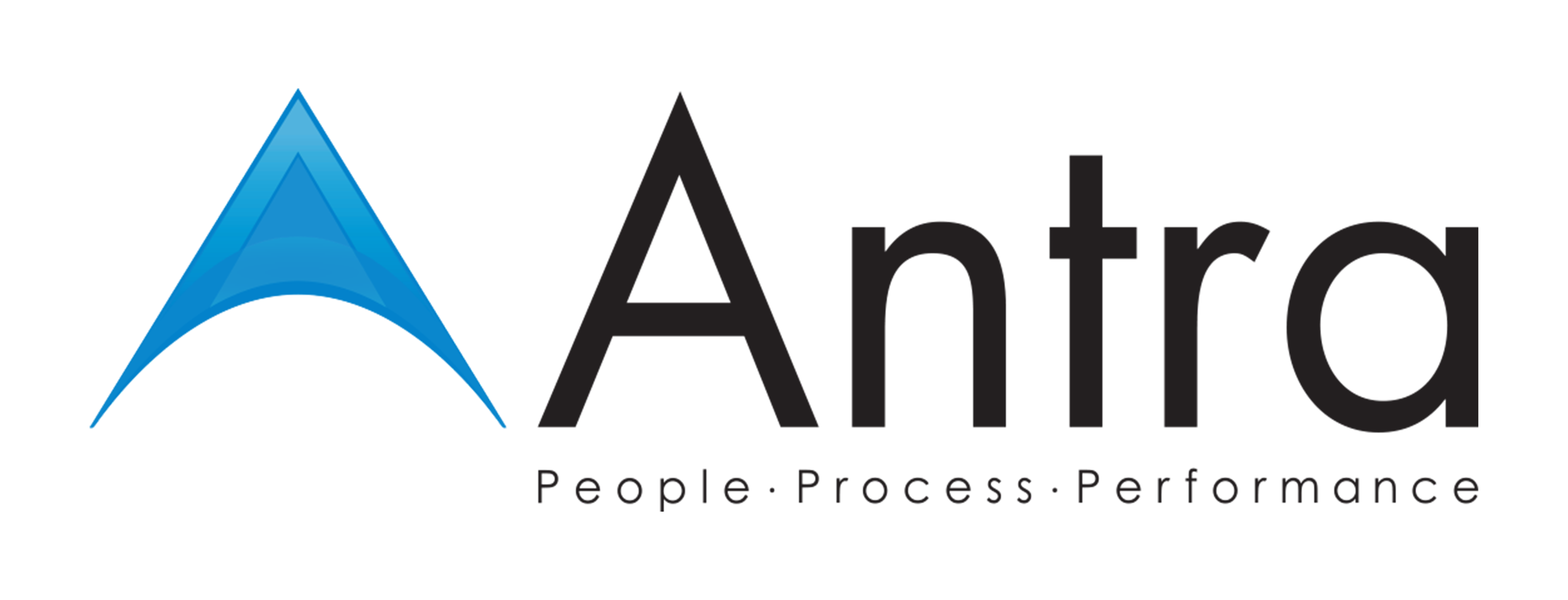David got his candidate, Norine, an interview for a fresher position. After rigorous rounds of interview, Norine seemed a perfect match for the role. However, Norine rejected the job offer, without citing any reason for her decision.
It was David’s first placement, and he was hopeful about its result. He had no idea what exactly went wrong or where he had missed out? So, he asked his senior manager, to understand what could have been the possible reasons behind Norine’s decision.
David’s manager gave him a few possible scenarios that might have led to Norine’s decision.
- The pay offered might not have been enough, and Norine may have just gone with another employer who gave her a better offer.
- Maybe Norine did not have a positive candidate experience, or maybe David failed to give a good impression about the company to her. Hence, she decided to back off at the last minute.
- Perhaps, Norine heard terrible reviews about the companies work culture and ethics which might have led her to deny the offer.
It’s not only David but recruiters across the globe who are going through the same drill. There can be numerous reasons, for an applicants rejection of the job offer. Recruitment is a tedious job and finding the right fit in the concerning both position and person requires time, patience and much more.
Then, what are the top trends that recruiter like David should look out for, to source high-quality candidates?
Diversity with quality
Today, companies are looking to diversify their workforce to not only improve their image but also to drive higher profit margins. As per a survey, it shows that 78% of companies prioritize diversity to enhance culture, and 62% do so to boost their financial performance and 49% for a better representation. Though companies want to foster diversity, yet when they fall short of their goals, they blame it on the dearth of suitable candidates. There are organizations like Walgreens, Lever who have leveled up their search and are putting meaningful effort towards building a better atmosphere.
However, all the buzz about diversity with quality falls short when there is no inclusivity among employees. Along with diversity, inclusivity should also be a top priority for companies. In need, now organizations are investing in building the sense of inclusivity through employee referral programs and giving them a platform to acknowledge their culture among their colleagues. Another important factor that adds on to the problem is retaining the diverse culture employees.
Diversity without inclusivity would mean nothing.
Employer branding
Multiple recruiters approach a high-quality candidate at the same time. So, cold-calling, mass emails, and even personalized emails will not provide much of an edge when it comes to converting an exceptional candidate. It is the company’s reputation which might help the recruiter make a positive impression on the applicant.
Employer branding is the key to a recruiter’s success. It involves all the activities HR professionals, and marketers use to communicate employer brand and employee value proposition to job seekers. Though building an employer as a brand is time-consuming and expensive, it is an investment that is well worth the effort.
Research by LinkedIn has proven that more than 75% of job seekers research about firm’s reputation and employer brand before they apply for an open position.
Organizations that have a bad reputation, face problem in not only attracting to attract the best candidates, but also to lag to retain existing talent employees.
Candidate Experience
Candidate experience matters as it offers clear, honest and consistent communication. A positive candidate experience effectively includes providing a seamless and pleasant interview experience along with few other expectations. Lousy candidate experience has reportedly cost Virgin Media $5M annually prompting the company to overhaul their entire hiring process to provide better candidate experience. It’s essential to design a relevant interview program that will not only attract talent but also boost positive recruiting experience.
In 2018, the talented candidates are now viewing the employment market the way a consumer perceives a purchase. Now, talented candidates are the next consumers. This means that organizations too should adapt and engage in long-term processes that will attract, acquire and retain talent.
What are the benefits of providing a positive candidate experience?
Strengthening a positive candidate experience can improve your hunt for better hires and attract more applicants. Streamlining candidate experience, will help the organizations to win over their competition and recruit the best job seekers. According to Top Echelon Network, 40 percent of candidates reject offers because another employer gave them a better offer and faster. Surveys by American International Group also reports that when employers strengthen their communication with candidates, their quality of hire improves.
With a better and positive candidate experience, an organization reaps numerous rewards that come along with it.
Artificial Intelligence is the secret workhorse
35% of professionals and hiring managers say that AI will change the way recruitment used to work a few years back.
Reportedly, AI will affect the way recruitment industry will work but, sadly very few companies or professionals understand its impact. The Artificial Intelligence (AI) has taken a strong foothold in recruiting and will likely continue to take over the initial screening and some of the repetitive aspects of a recruiter’s job. For example, there are software’s (including the LinkedIn Recruiter) where you can automate candidate searches and gives a quick solution to finding prospects that match the criteria.
This renewed focus on candidate experience is increasing the adoption of recruitment chatbots.
In a recent survey by Allegis group, they found that the majority candidates are open to interacting with a chatbot during the early stages of the application process. While candidates still prefer human interaction, they would prefer the alternative methods until it accelerates the process of their job application.
Chatbots can respond to candidate questions and help you to screen the profiles.
But, then will a recruiter lose their job? No.
2017, has been a year dedicated to technology and has taken the world by storm. Soon, technologies like AI, IoT will be responsible for accelerating the recruitment process and streamlining the upcoming challenges in hiring.
Technology is just a catalyst to speed up the recruitment process, but it doesn’t replace us, and the connections we make in person. However, the critical focus should be on how to maintain the human element in the experience cycle for everyone involved in the hiring process.
Many companies are exploring the trends as mentioned earlier trying to see what works and then make a difference. These trends offer opportunities for innovative employers to source the best talent, and adaptable candidates to secure the best roles and leap into this bold future of recruiting.







Leave a Reply